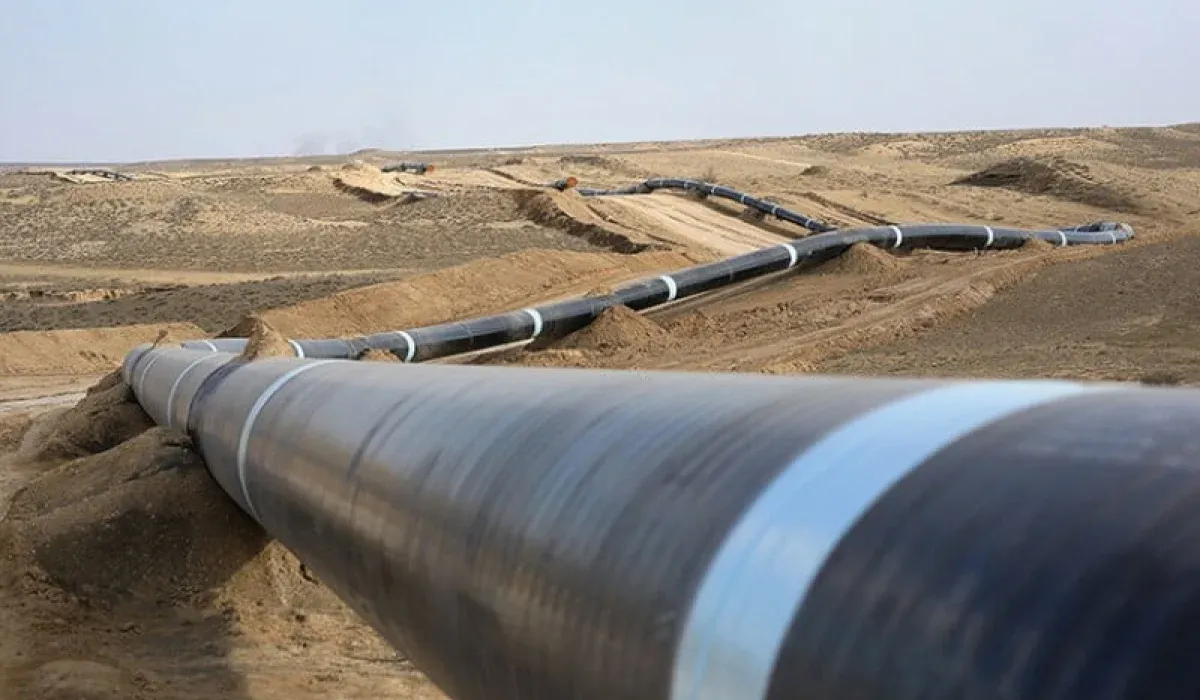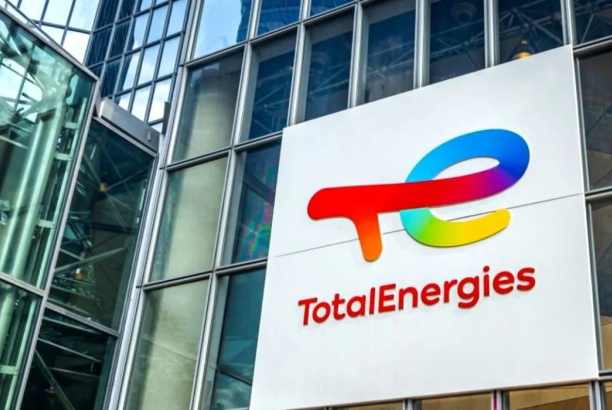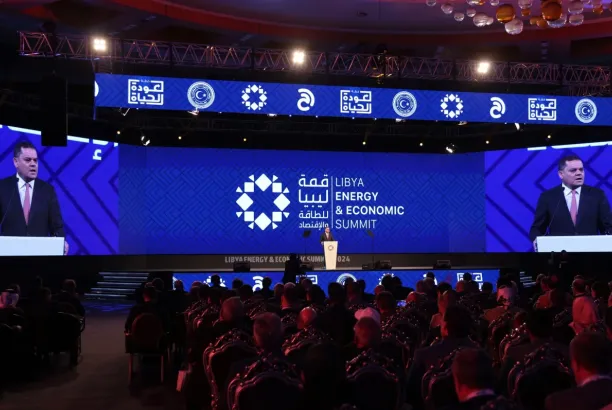The international economic website Construction Review reported on Monday that in 2024, the governments of Nigeria and Libya held negotiations over the proposed Nigeria–Libya gas pipeline project, which aims to build a regional gas pipeline connecting the two countries.
According to the website, the talks took place between Nigeria’s Minister of State for Petroleum Resources, Ekperikpe Ekpo, and Libya’s Minister of Oil, Khalifa Abdul-Sadiq, on the sidelines of the Gastech Exhibition and Conference 2024 in Houston, USA. The discussions focused on exploring cooperation in the energy sector and assessing the feasibility of a cross-border gas pipeline stretching from Nigeria to North Africa.
The report noted that this initiative is part of broader efforts to strengthen regional energy cooperation and boost the development of natural gas infrastructure across Africa. The project is considered highly significant, as it could support ventures such as Libya’s offshore oil exploration project, located along the country’s northwest coast and led by a regional subsidiary of the Italian energy giant Eni. This subsidiary manages Eni’s oil and gas operations across North Africa, with a primary focus on Libya.
The website added that discussions over constructing a regional gas pipeline between Nigeria and Libya have been ongoing for some time, given that both countries are among Africa’s leading oil and gas producers. In 2022, Libya’s then-Minister of Oil, Mohamed Aoun, proposed that the ongoing $13 billion Nigeria–Morocco Gas Pipeline (NMGP) project should instead pass through Libya rather than Algeria, another resource-rich African nation.
Importance and Benefits of the Nigeria–Libya Gas Pipeline Project
The report explained that the proposed Nigeria–Libya gas pipeline carries major potential for both countries and the wider region, highlighting several key points:
Economic Benefits:
The massive pipeline would generate significant economic gains for Libya and Nigeria by facilitating the export of natural gas to neighboring Europe, thereby providing a new source of income and helping to diversify their economies.
Energy Security:
For nearby Europe, the new pipeline would offer an alternative source of natural gas, strengthening energy security and reducing dependence on Russian gas supplies.
Regional Cooperation:
Once completed, the pipeline would foster greater regional cooperation and integration, as it would pass through multiple African countries. This could ultimately improve political and economic relations across the continent.
In conclusion, Construction Review stated that the Nigeria–Libya gas pipeline project represents a strategic initiative with far-reaching implications for economic growth, energy security, and regional cooperation in Africa.






